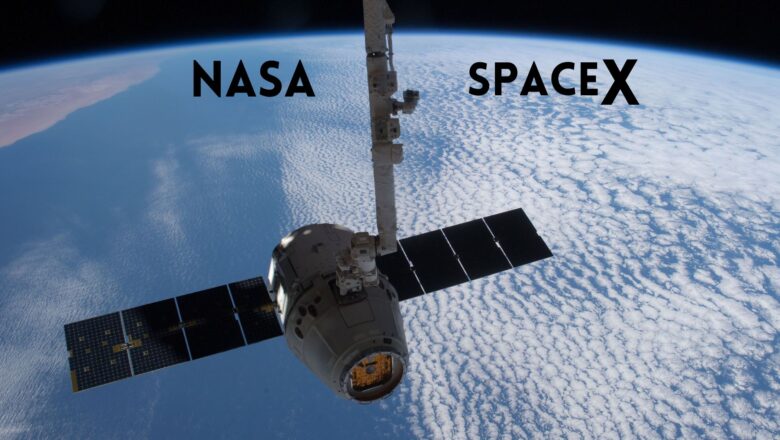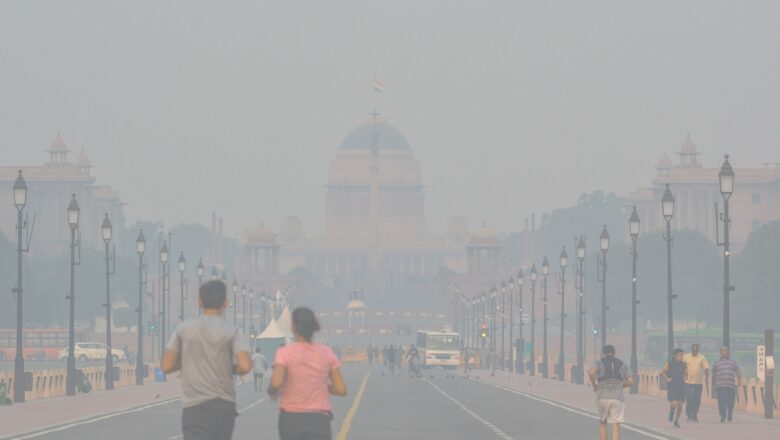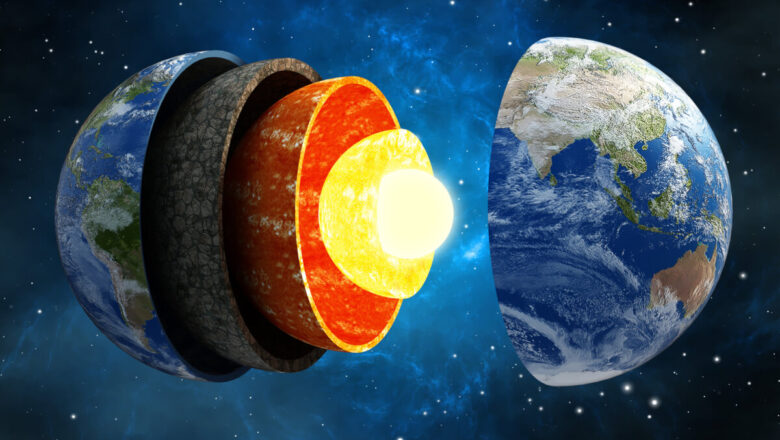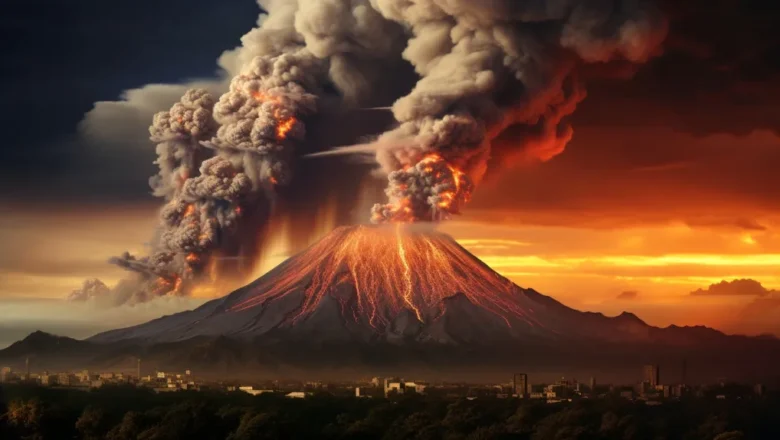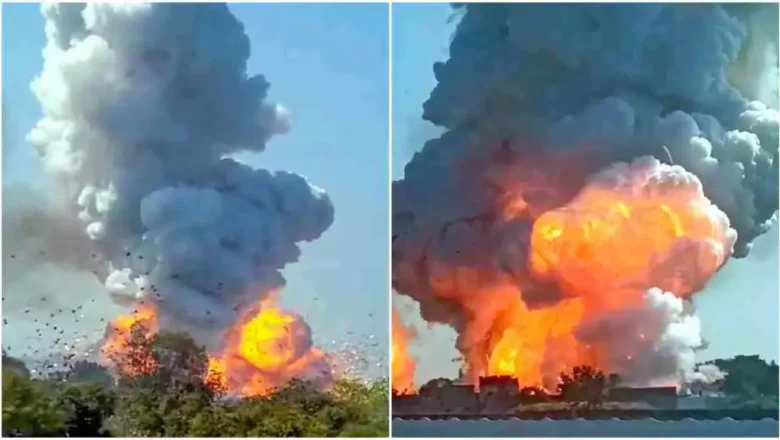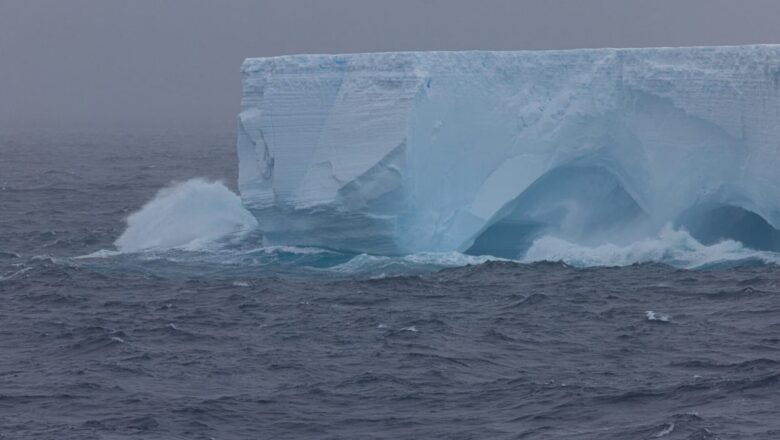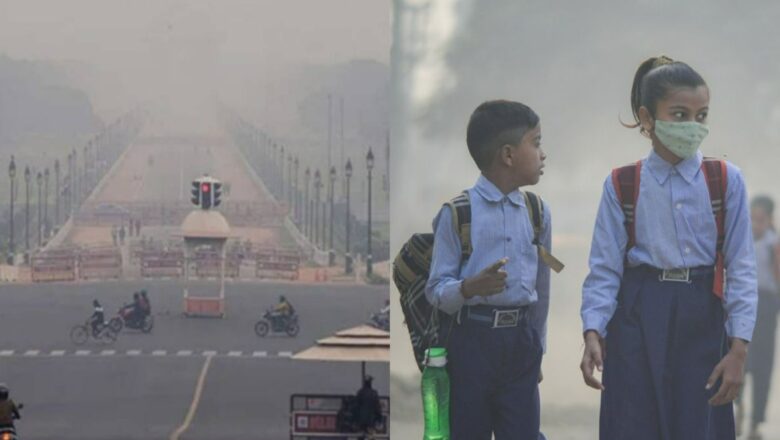
Melting Glaciers Linked to Increased Earthquake Activity in Colorado’s Sangre de Cristo Mountains
Southern Colorado’s Sangre de Cristo Mountains, known for their dramatic rise from the flat San Luis Valley, have long been shaped by tectonic activity and glacial forces. Now, a groundbreaking study in Geology suggests that the melting of alpine glaciers thousands of years ago may have significantly increased earthquake frequency in the region by relieving pressure on the underlying fault system.
The research connects Earth’s changing climate to tectonic movements, a rare link that sheds light on how warming temperatures like those seen today might trigger fault activity. “Areas where glaciers are retreating or where hydrologic changes occur over active faults could experience elevated earthquake activity,” explained study co-author Sean Gallen, a geologist at Colorado State University...

